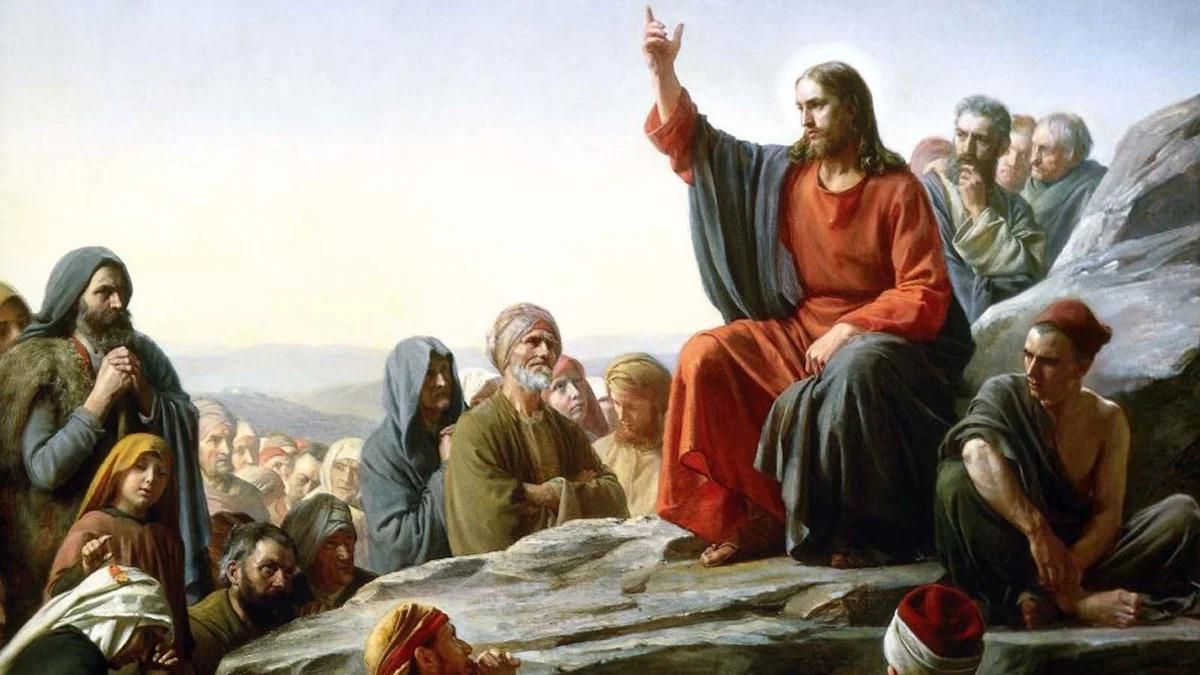This is known saying Or this expression is applied to someone who has obtained a good reputation outside his country of origin, when he does not have the appropriate means to achieve it there, sometimes due to envy or hostility.
What is the history or origin of this saying?
To know the origins of this saying, the biblical writings confirm that after preparing for 40 days in the desert, Jesus of Nazareth He returned to his town, read the books in the council as usual, and announced their completion. The acolytes, who had known him since he was young, considered his words heretical and took him outside to cast him into the abyss. In short, they tried to execute him.
After the episode, Jesus of Nazareth He said the phrase “Verily I say to you: No prophet will be accepted in his own land.“And he fled from the angry crowd. From there Jesus went out to preach and heal the sick to Capernaum (it was an Israeli fishing town in Galilee), where he was heard and respected (Gospel of St. Luke, chapter 4, verse 24).
►You may be interested: “An old parrot does not learn to talk”, what does this saying mean
It is also worth noting that there is a saying that is equivalent to “There is no prophet in his country” which says: “The country’s vocalist never improves the party.”






